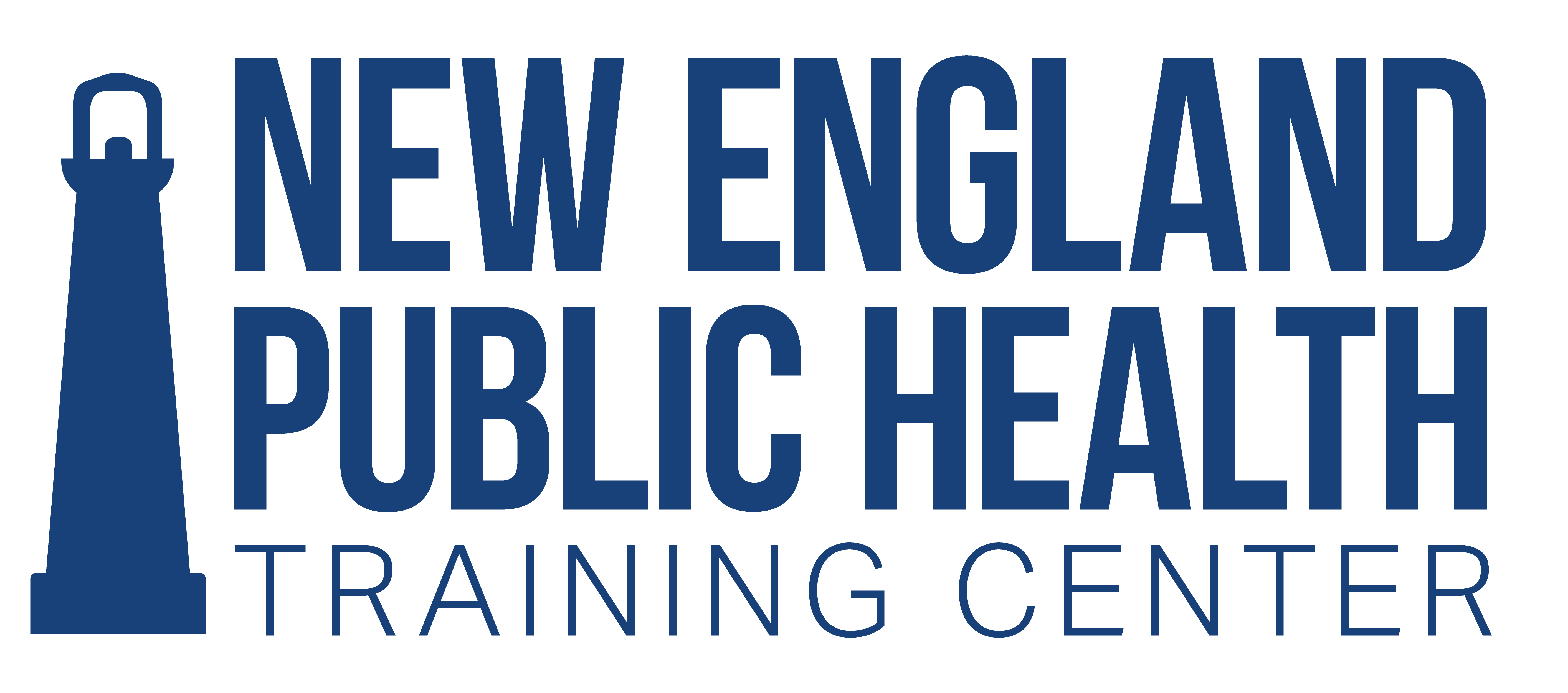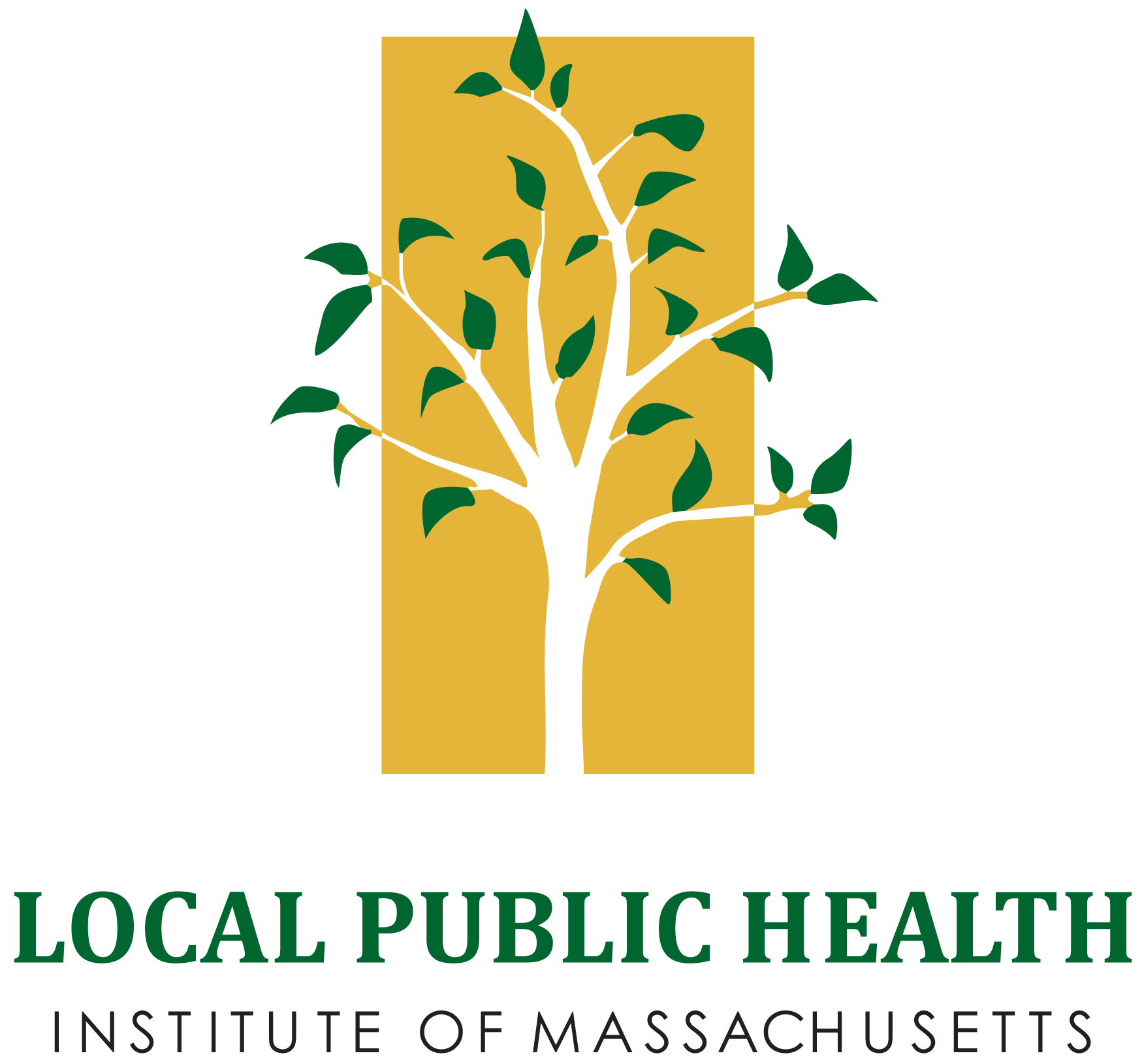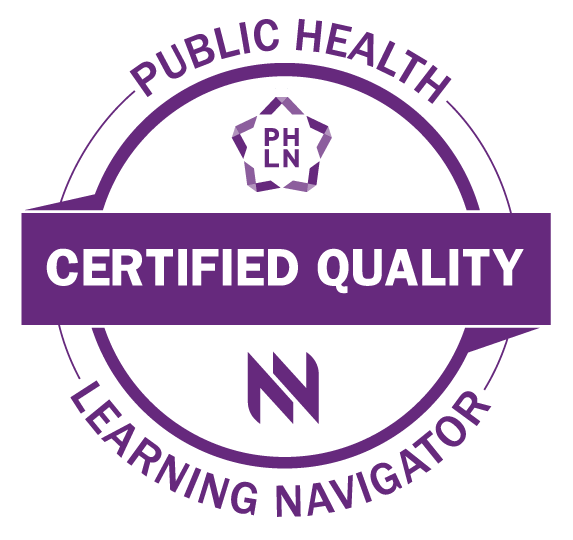
Food Safety for Food Establishment Operators
What are food hazards and how can we protect the public from them?




Course Information
- Audience: Massachusetts retail food establishment operators and employees.
- Format: Self-paced
- Price: Free
- Length: 2 hours
- Credential(s) eligible for contact hours:
Sponsored by New England Public Health Training Center (NEPHTC), a designated provider of continuing education contact hours (CECH) in health education by the National Commission for Health Education Credentialing, Inc. This program is designated for Certified Health Education Specialists (CHES) and/or Master Certified Health Education Specialists (MCHES) to receive up to 2 total Category I continuing education contact hour. Maximum advanced-level continuing education contact hour is 2. Provider ID: 1131137 Event ID: SS1131137_FSFEO.
If you are not seeking a CHES/MCHES contact hours, if you complete the post-test and evaluation, you will receive a Certificate of Completion. The Certificate will include the length of the course. - Competencies: Public Health Sciences Skills
- Learning Level: Awareness
- Companion trainings: None
- Pre-requisites: None
- Technical Requirements: This webinar was created with Articulate Rise. Please refer to the Articulate 360 System Specifications to ensure your system meets the minimum requirements for viewing.
About this course
Although the United States has one of the safest food supplies in the world, foodborne illness still poses a major risk to the population. In Massachusetts, the local board of health or the local health department (called LBOH for this training) grant permits and conduct inspections of retail food establishments to ensure their compliance with food regulations and statutes. Retail food operators and employees are on the front line of food safety and are responsible for following safe food practices. They work together as partners with members of LBOH to provide safe food to consumers. This training will provide food safety information to food operators (permit holders and employees) whose food establishments are governed by State Sanitary Code 105 CMR 590.000, Chapter X - Minimum Sanitation Standards for Food Establishments.
What you'll learn
After completing this course, you will be able to...
- Define a food establishment according to 105 CMR 590.000 (590)
- Give examples of each category of food hazard
- Summarize the six conditions that allow pathogens to grow
- Identify five risk factors that contribute to foodborne illness, five control measures, and six good retail practice measures
- Name the regulations that govern food establishments and eight retail food processes that require a HACCP plan
- Describe a routine LBOH inspection
- Name three things that spores need to grow into mold
- Discuss three possible health impacts linked to indoor exposure to mold and one non-health impact of mold growth
- Detail the regulations that apply to mold, moisture, or water damage in certain types of housing
- List seven recommendations to prevent mold growth, and eight tips to effectively clean up mold
Subject Matter Experts
-

Diane Bernazzani
Retail Food Safety & Training CoordinatorMassachusetts Department of Public Health -

Kathleen MacVarish
Associate Professor of the Practice
Boston University School of Public Health
Enrollment and Contact Hours
Select the Enroll button below to register for the course. If you have any trouble accessing the course, contact support@nephtc.org.
Acknowledgement:
Acknowledgement: This project is supported by the Health Resources and Services Administration (HRSA) of the U.S. Department of Health and Human Services (HHS) as part of award 2 UB6HP31685‐05‐00 “Public Health Training Centers.” The contents are those of the author(s) and do not necessarily represent the official views of, nor an endorsement, by HRSA, HHS or the U.S. Government.
* Yale School of Public Health, Office of Public Health Practice, a New England Public Health Training Center partner, is a designated provider of continuing education contact hours (CECH) in health education by the National Commission for Health Education Credentialing, Inc. All CHES credit inquiries are managed by YSPH

